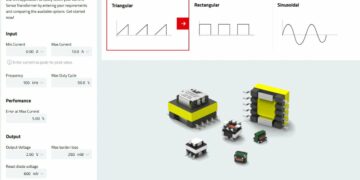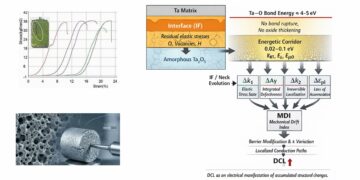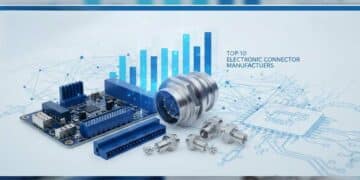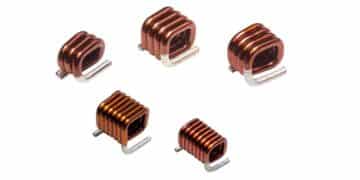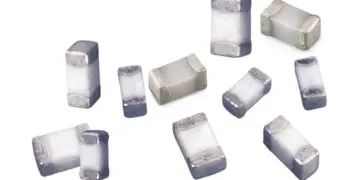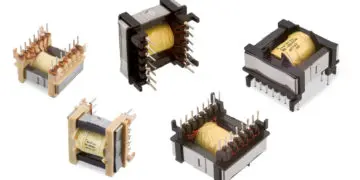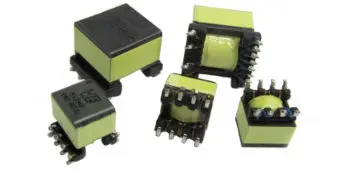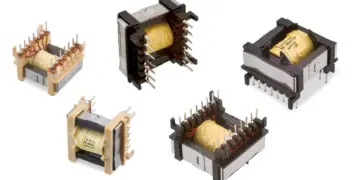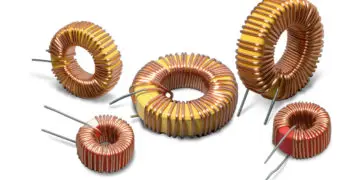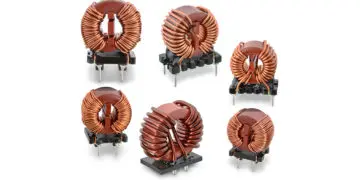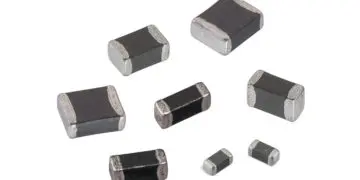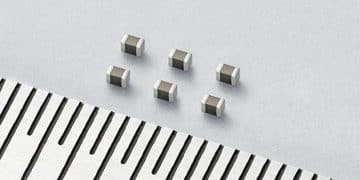
According to a recent article by Nikkei Asia, the Japanese government is planning to designate advanced electronic components and MLCC as critical goods that will receive support from the state to shore up the supply chain and minimize the fallout from international emergencies.
Multilayer ceramic capacitors (MLCCs) are likely to be included in the designation. MLCCs are used in a wide range of devices such as smartphones, electric vehicles, medical devices, defense equipment, and communication infrastructure.
This move comes after Japan designated 11 items, including semiconductors, batteries, rare earth, natural gas, and fertilizers as “critical materials” earlier this year. The government decision made by Prime Minister Fumio Kishida-led cabinet states that these items “need to be secured stably even in times of emergency”.
Under new directions, “suppliers of such critical materials will be eligible for financial aid for capital investment and stockpiling plans with ministerial approval.”
Read the original post at Japanese Government Plans to Designate MLCC Ceramic Capacitors as Critical Goods


